On CAPC: ‘S.H.I.E.L.D.’ and The Subversion Of Human Nature
If you didn’t stick with the full first season of “Marvel’s Agents of S.H.I.E.L.D.” to the season finale, you missed a lot.
Some non-spoilers include:
- A backlog of Whedonesque story-trope subversions, culminating in kaboom.
- Poignant explorations of the true nature of non-super-heroism versus supervillainy.
- Agent Skye, the “boring one,” is no longer boring and is instead sympathetic.
- Agent Ward, the other “boring one,” is also no longer boring.
- As in Captain America: The Winter Soldier, Nick Fury deus ex machina for the win. Then another win. And then another.
- Human evolution — by name and with all the religious connotations right alongside. And it’s not a good thing.
- How Coulson got his gun back.
But you’ll get more S.H.I.E.L.D. exploration — spoilers included — in my May 30 article at Christ and Pop Culture.
Thanks to the May 13 season 1 finale of “Marvel’s Agents of S.H.I.E.L.D.”, I feel vindicated about my hopes for the series and encouraged by its honest look at human nature.
Marvel, when given a chance to take its unprecedented shared-universe superhero films to the small screen, chose to write stories that subvert naïve optimism about basically-decent government agencies and even human beings themselves.
What does this say about humans?
Clearly we do not believe our own press.
We may vote for real-life political leaders who promise basically-decent bureaucracies that only want to do some good. But we don’t trust big-government agencies in our fiction.
We may cheer for real-life heroes as if they’re beyond evil. But we understand completely when poser heroes in our fiction reveal their evil nature—and we favor their punishment.
Read more at S.H.I.E.L.D. and the Subversion of Human Nature at Christ and Pop Culture.

































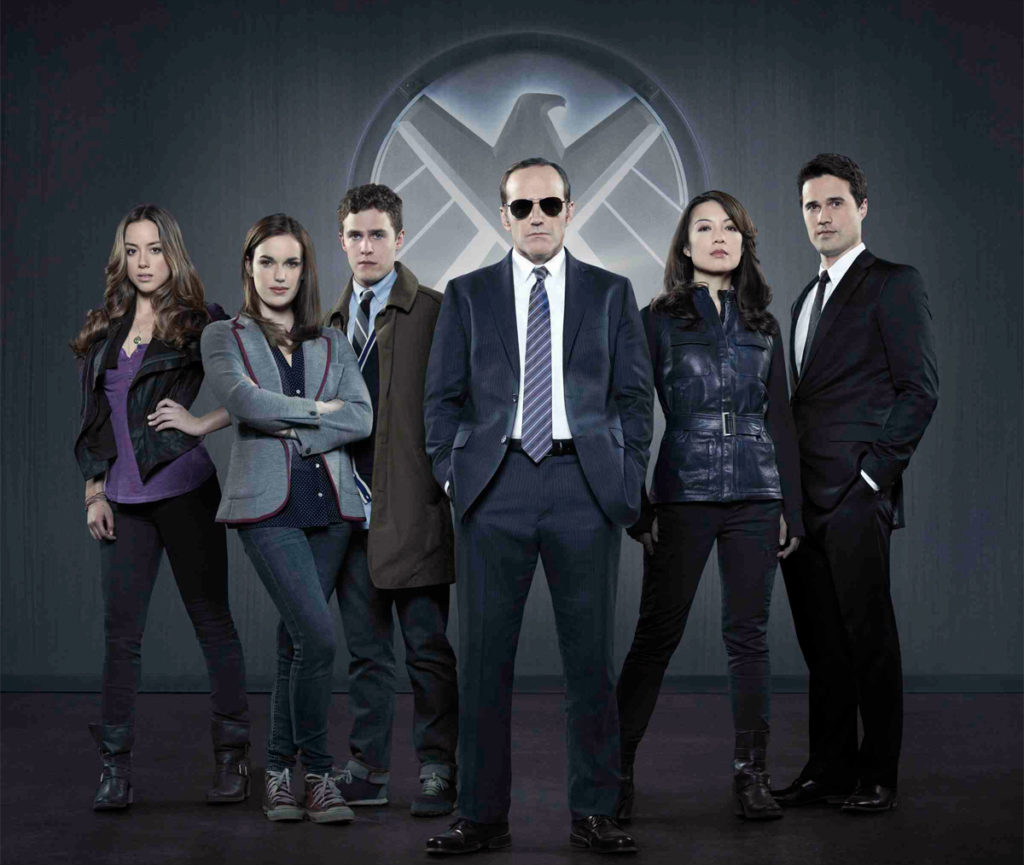


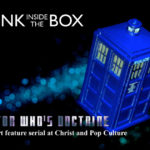
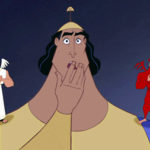
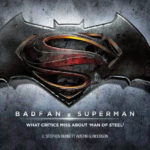
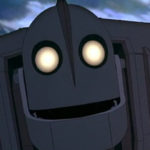


I almost gave up on S.H.I.E.L.D half way through and my wife did. The story line redeemed itself over the last few episodes and yes showed where ficiton is best served – asking big questions and leaving us to wrestle with he answers.
The TV series was very average until almost 2/3rds of the way through. It’s disappointing that AoS took so long to get there, but when it did, wow – what a ride to the season finale!
Oh. Well I never watched it beyond the first episode… or was it the second? It just didn’t hook me and draw me in. Maybe I should go back and watch it now….
It definitely took things to the next level around episode seventeen, though even at episode ten the arc tightened.